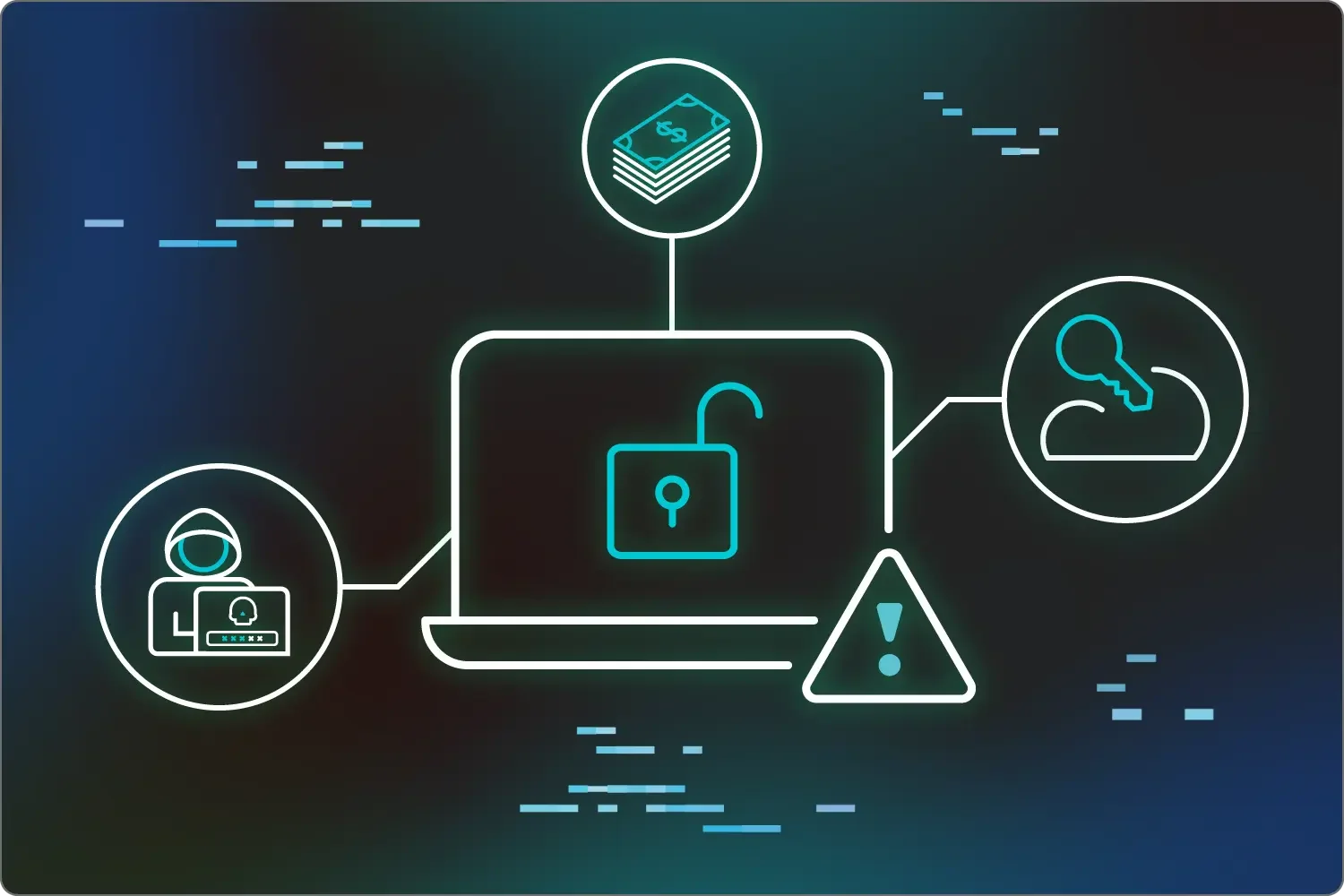What is CVE-2021-3156 vulnerability?
CVE-2021-3156, commonly referred to as "Baron Samedit," is a heap-based buffer overflow vulnerability in the sudo command—a widely used utility in UNIX and Linux systems. This vulnerability allows local attackers to gain unauthorized root-level access without authentication. It is classified as a privilege escalation vulnerability and has a high severity due to its widespread applicability and critical impact.
When was it discovered?
CVE-2021-3156 was disclosed on January 26, 2021, by researchers at Qualys. The vulnerability affected multiple versions of the sudo utility and had likely remained exploitable for years before discovery. The disclosure timeline included patches released simultaneously to ensure rapid remediation.
Affected products & versions
Product | Versions Affected | Fixed Versions / Patch Links |
sudo Command | Versions prior to 1.9.5p2 | |
UNIX/Linux Systems | Popular distributions including Debian, Ubuntu, Red Hat |
CVE-2021-3156 technical description
The CVE-2021-3156 vulnerability resides in the sudo utility. Specifically, it occurs when the program incorrectly parses command-line arguments, leading to a heap-based buffer overflow. By crafting a specially designed input, an attacker can overwrite system memory, bypass user authentication, and escalate privileges to root. For example, executing malformed sudoedit commands can trigger this behavior. This issue stems from improper bounds checking and unsafe memory handling in legacy code paths.
Tactics, Techniques & Procedures (TTPs)
Exploitation of CVE-2021-3156 commonly involves tactics such as local access escalation. Attackers typically rely on manipulating vulnerable input parsing routines to execute arbitrary code with elevated privileges. This vulnerability aligns with MITRE ATT&CK techniques like Privilege Escalation (T1068) and Execution (T1047).
Indicators of compromise
Indicators of compromise related to CVE-2021-3156 include suspicious log entries referencing command-line executions with malformed sudoedit arguments, unauthorized privilege escalation signs, and unusual root-level access attempts. Systems should monitor for attempted exploitation through targeted alerts.
Known proof-of-concepts & exploits
A functional proof-of-concept (PoC) was released shortly after disclosure, with attackers using popular frameworks like Metasploit to exploit the vulnerability. Real-world exploitation campaigns targeting unpatched systems were reported in early 2021, making timely remediation vital.
How to detect CVE-2021-3156 vulnerability?
Detection involves scanning systems for vulnerable versions of the sudo utility using vulnerability management tools or custom scripts. Log analysis tools, SIEMs, and EDR solutions are effective for identifying abnormal privilege escalation attempts linked to exploitation. System administrators should look for evidence of unauthorized memory manipulation or heap overflows.
Impact & risk of CVE-2021-3156 vulnerability
If left unpatched, CVE-2021-3156 significantly impacts data confidentiality, availability, and integrity. Exploited systems are susceptible to full takeovers, data breaches, and potential lateral movement within an enterprise network. Attack scenarios include planting backdoors or exfiltrating sensitive data, making this a critical vulnerability for organizations across industries.
Mitigation & remediation strategies
Organizations should immediately update to the patched version of sudo (1.9.5p2 or higher). For systems where immediate patching isn’t possible, implement temporary mitigations such as disabling the sudoedit functionality or limiting access to local accounts. Regularly auditing systems for outdated software and enforcing strict access controls are key preventative measures.
CVE-2021-3156 Vulnerability FAQs
CVE-2021-3156, or "Baron Samedit," is a buffer overflow vulnerability in the sudo utility. By exploiting unsafe input parsing, attackers can achieve privilege escalation to unauthorized root access.
CVE-2021-3156 itself does not directly spread or infect systems. However, local attackers can attempt exploitation by executing specially crafted commands to manipulate system memory.
While patches eliminate direct risk, unpatched systems remain vulnerable. Organizations should stay vigilant, as attackers may exploit legacy platforms or similar vulnerabilities.
By updating to patched versions of sudo, monitoring for suspicious privilege escalation attempts, and implementing tight access controls, organizations can mitigate risks associated with CVE-2021-3156.




Protect What Matters







